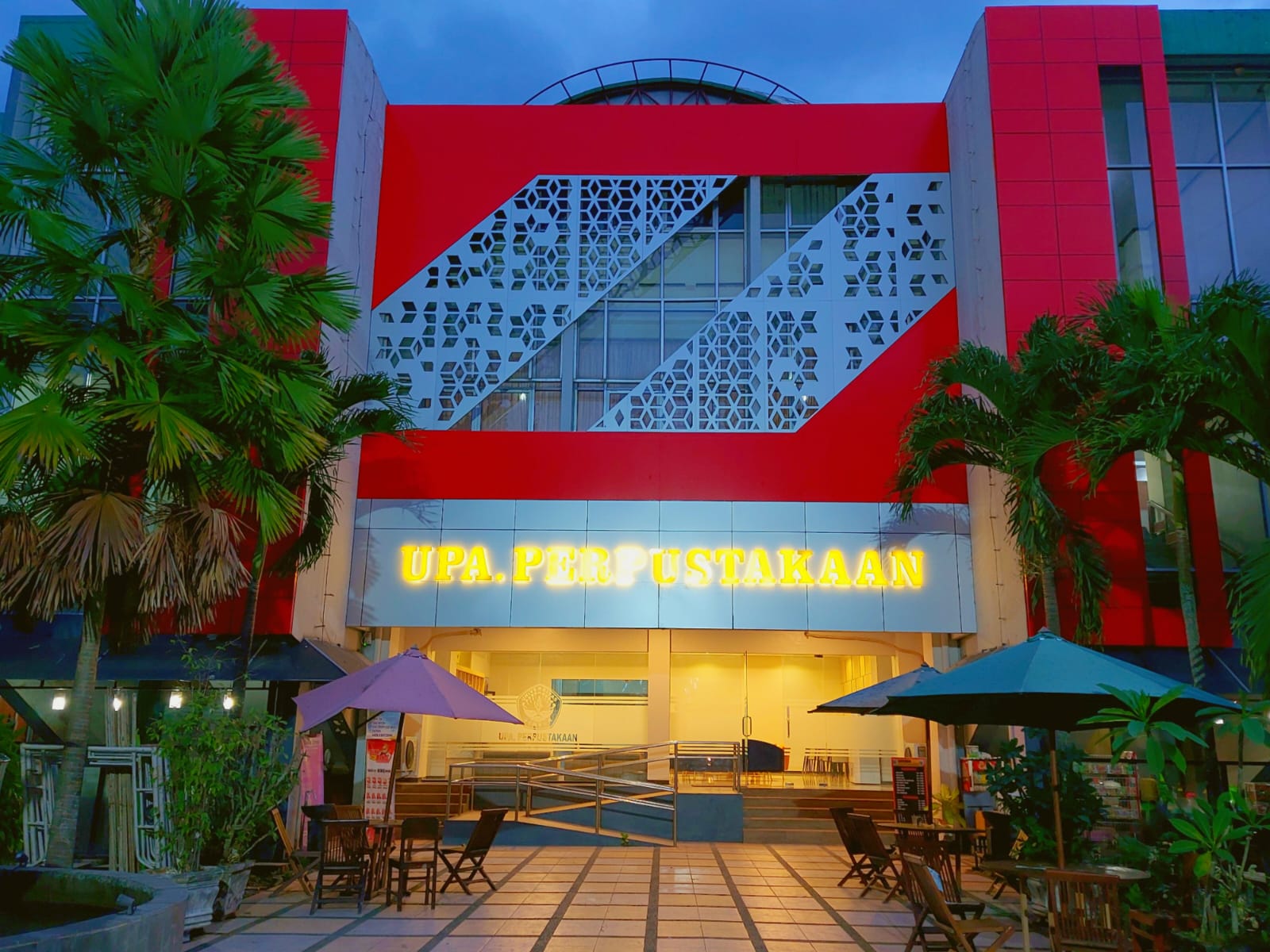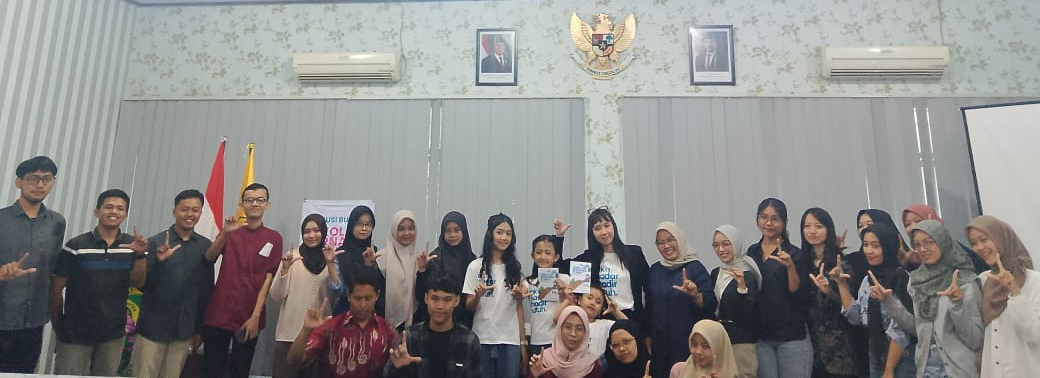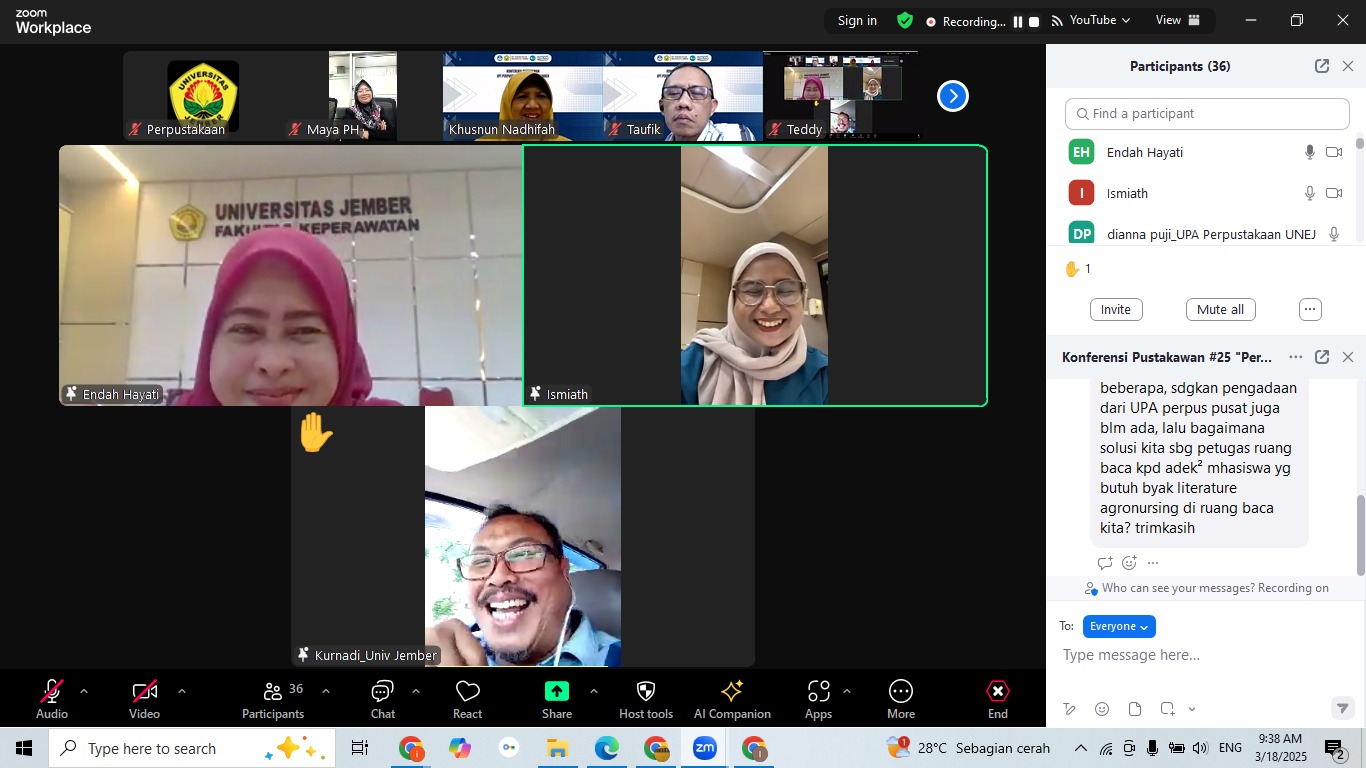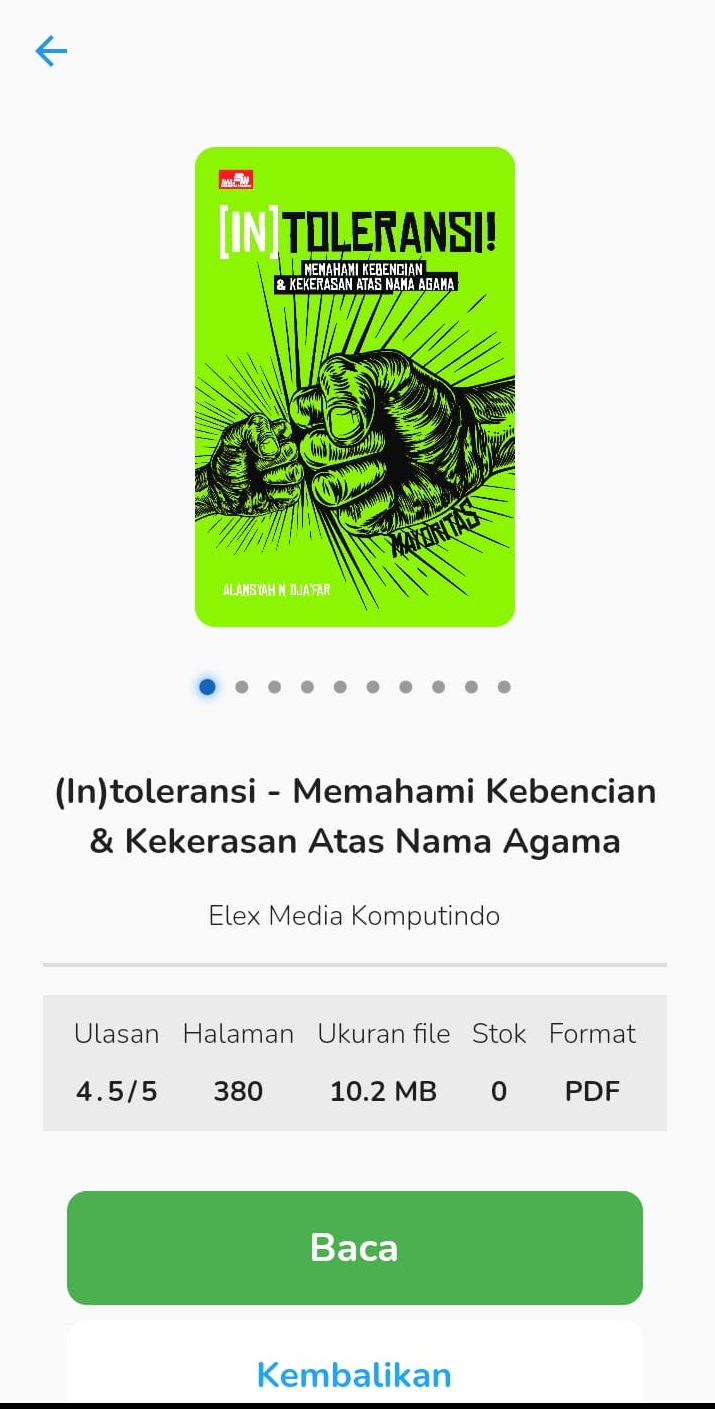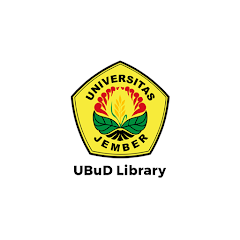Illiberal, Democratic and Non-Arbitrary?Epicentre and Circumstances of a Rule of Law Crisis
PALOMBELLA, Gianluigi - Personal Name

| EB00000003761K | Available |
Series Title
-
Call Number
-
Publisher
: ,
Collation
-
Language
ISBN/ISSN
-
Classification
NONE
Content Type
-
Media Type
-
Carrier Type
-
Edition
-
Subject(s)
Financial crisis
Populism
Democracy
Rule of law
European Union Law
PUBLIC LAW
Illiberal democracies
Specific Detail Info
-
Statement of Responsibility
Gianluigi Palombella
